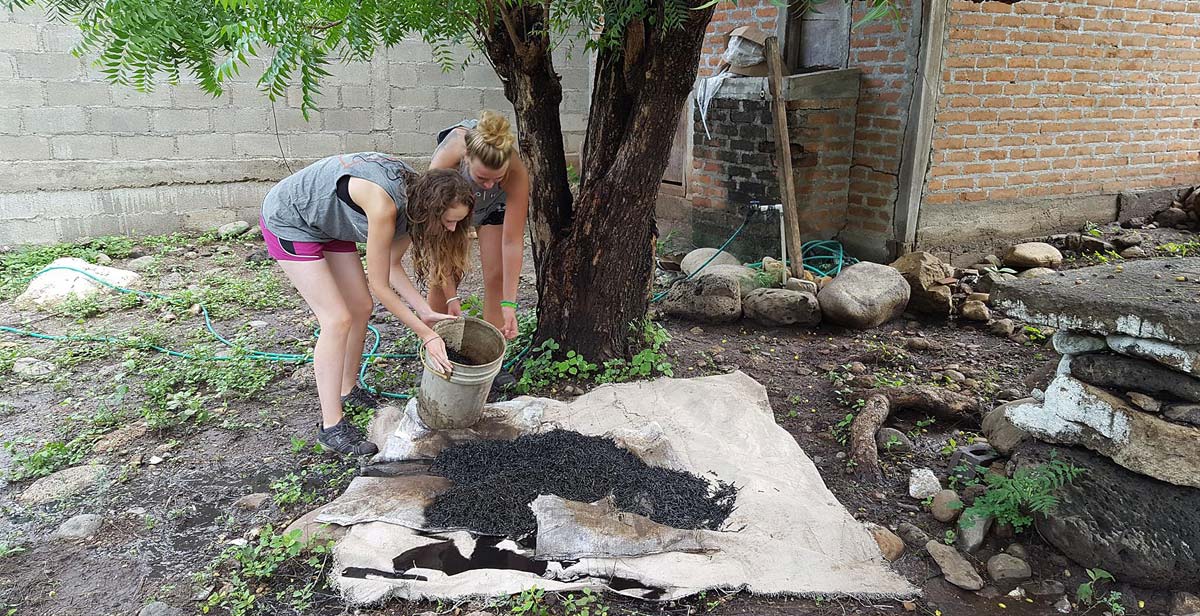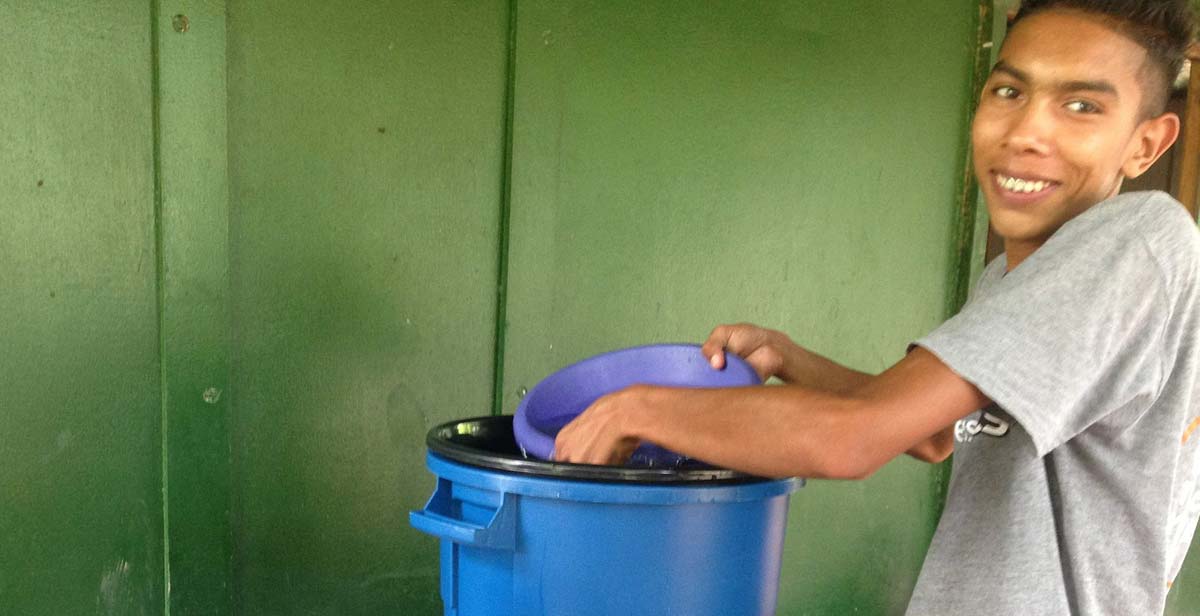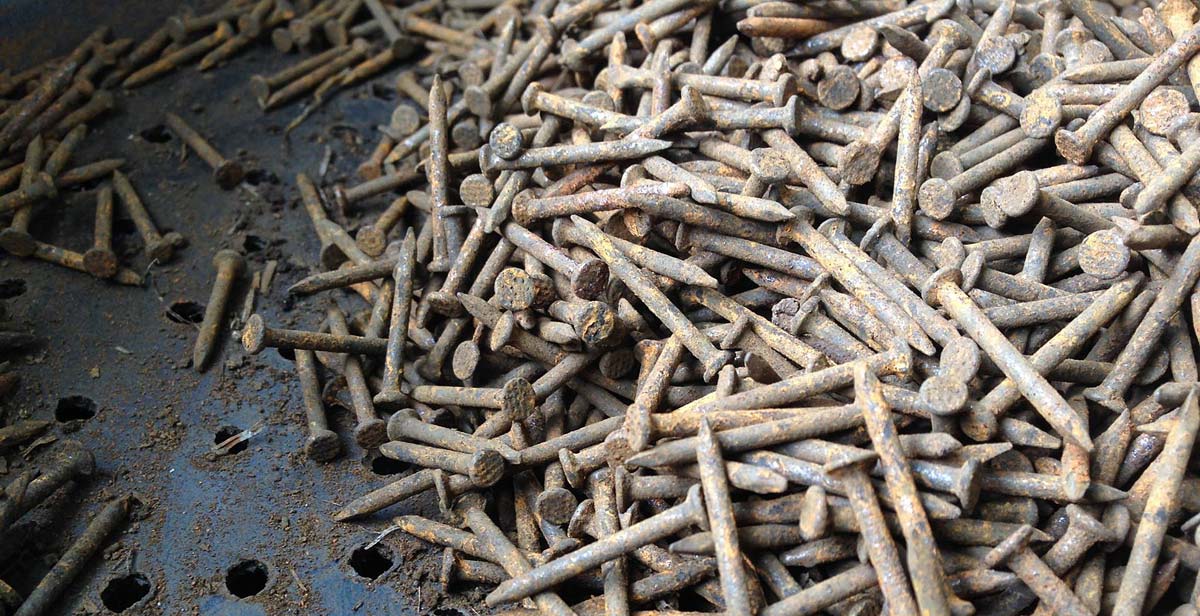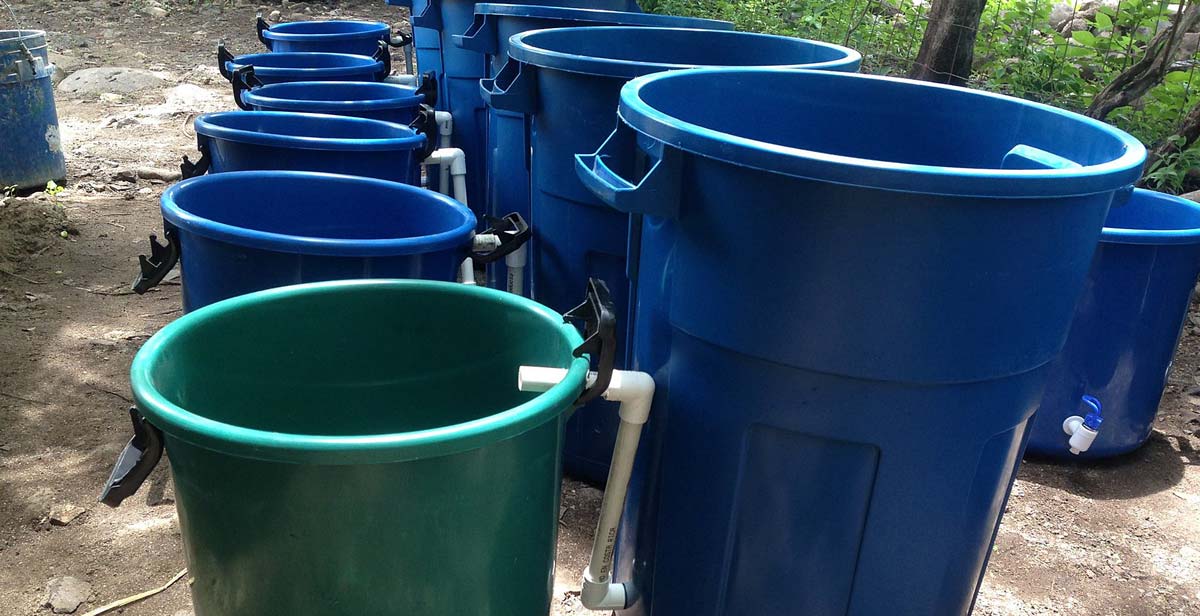This week we all experienced our first earthquake. Out of all of the things I thought I’d experience here, an earthquake wasn’t one of them. It happened late at night when most of the group were in bed. A few of us were up talking on the porch when the conversation was interrupted by the earthquake’s tremors. It’s not like anything I’ve experienced before but the instant it happened we knew it was an earthquake, so we stood up as if to move together to safety but then found ourselves at a loss of what to do. What do you do during an earthquake? American movies have taught us to hide under a strong table, or stand in a doorway, but looking at the fragility of the doorways here, I’m not sure that would be a good idea. Instead we stood helplessly as our host brother came out to check that we weren’t panicking beyond reason. The ground has never felt so fluid beneath my feet. It was exactly how I imagine cartoons feel when they’re standing on a rock that is floating on lava.

The whole experience was over in just a few seconds and the electricity came back within an hour, which allowed us to watch an earthquake response programme. The tremors in Parcila were only very small, but we worried for Masaya and Managua, who usually experience the brunt of the tremors. We learnt that the earthquake happened 70 miles from the centre of Managua, with a 6.1 magnitude and a depth of six miles. It was felt in all surrounding countries, including Honduras and El Salvador, where more UK volunteers are at the moment. Initially seven casualties were reported in two separate areas, but less than half an hour later they reported that there were no casualties. This seems like an interesting turn around, and one suggestion is that people phone in to report a fake fatality in order to get more aid in their area. As a precaution, schools were shut today in Chinandega and León.

We are expecting an aftershock at some point today, so as I listen to the thunder we’ve become accustomed to every afternoon, I can’t suppress the feeling of dread as I mistake the distant rumbling to be another tremor. It’s like someone closing a fist around your insides. The electricity keeps dropping in and out and there’s no water supply to the community because the tremors dislodged an already faulty pipe.
Earthquakes can obviously be completely devastating, but nevertheless it is still an incredible thing to have experienced. The sheer distance the tremors can travel is astonishing and the heat that is presumably generated from the friction in the ground is phenomenal. Because this has been such a small tremor with next to no inconvenience for our community, it has been a fascinating experience. However, the sheer power of these events makes you really appreciate how absolutely terrifying a larger earthquake would be to experience.

The rest of our week was very earthquake free. We managed to construct 26 water filters and distribute them to the right homes, but because the water has been cut off today we’ve had to postpone testing the filters until next week. The filters are important here because the water in the ground is contaminated by arsenic due to the nearby gold mine and tobacco plantation. Cleansing the water is a surprisingly easy process: the water filters through a layer of rusty nails, which attracts the arsenic and removes it from the water. After that, the water filters through three different layers of sand and rock to cleanse it further and once it’s reaches the bottom of the barrel the water is drinkable. The community do have a small supply of water from the government but, especially during the dry season, this can be cut off or limited quite significantly. The water filters will help the community use the water sources near them safely, which is more sustainable in the long run because it is using the local resources rather than taking from elsewhere. The most rewarding thing about our cycle is that by the time we leave, everyone in the community who wants something will either have an eco-stove or a water filter, so everyone can be a beneficiary. By the end of the next cycle, everyone who wants both will have both.

Written by ICS volunteer Rebecca Walker



